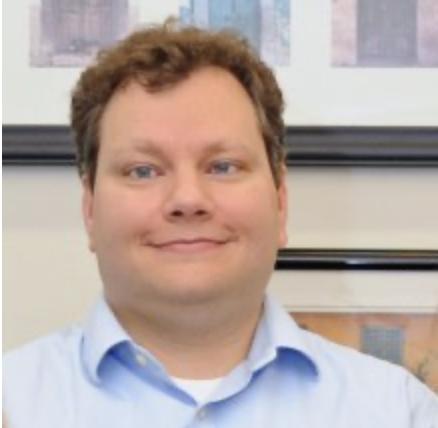Washington State, UMass Amherst researchers receive Keck Grant to study effects of bacteria on brain

Credit: UMass Amherst
With a $1 million grant from the W. M. Keck Foundation, neuroscience researchers at Washington State University and the University of Massachusetts Amherst will explore whether variations in brain levels of bacterial fragments can account for life’s sleep/wake and 24-hour cycles, known as circadian rhythms.
“The bacteria residing inside of you outnumber your own cells 10 to one and affect sleep, cognition, mood, brain temperature, appetite and many additional brain functions. Yet we lack an understanding of how they do it,” says James Krueger, Regents Professor of Integrative Physiology and Neuroscience at the WSU College of Veterinary Medicine.
The sleep research is led by Krueger, and the circadian rhythm portion of the project is led by co-investigator Ilia Karatsoreos, who recently joined UMass Amherst from WSU as an associate professor of psychological and brain sciences.
At Karatsoreos’ Lab, researchers will use models of simulated jet lag, a way to disrupt our circadian (daily) rhythms. As anyone who has flown cross-country has likely experienced firsthand, disrupting these rhythms is associated with changes in sleep, cognition and even body temperature.
“When jetlagged, many of the normal bodily functions are out of synchrony with each other. This is a consequence of altering circadian rhythms,” Karatsoreos says. “By looking for changes of bacterial products in the brain, we anticipate we will discover new approaches to treat jet lag, and possibly the desynchrony of physiological functions that occurs with old age.”
The new grant builds on nearly 40 years of cutting-edge sleep research. In the early 1980s, Krueger isolated a sleep-promoting molecule from brains of sleep-deprived rabbits and from human urine. Its chemical structure was a muramyl peptide – a building block component of bacterial cell walls.
At the time of the discovery, it was difficult to measure small amounts of muramyl peptides. Now, improved measurement technologies and the Keck Foundation funding will enable researchers to determine the brain’s muramyl peptide levels and whether they correlate with sleep-wake cycles or circadian rhythms.
Further, researchers will determine if sleep loss results in increased levels of muramyl peptides in the brain, a predicted result based on the 1980s investigations.
Another goal of the Keck-funded work will be to determine how brain muramyl peptides elicit sleep. “Our minds are an outcome of a bacteria/human symbiosis,” Krueger said. “Expanding this concept by determination of how such disparate species talk to each other will transform our views of cognition, psychiatric disorders, consciousness including sleep, and our understanding of what it means to be human.”
The late W. M. Keck, founder of the Superior Oil Company, established The W. M. Keck Foundation in 1954. The Foundation’s grant making is focused primarily on pioneering efforts in the areas of medical research, science and engineering, and undergraduate education.
###
Media Contact
Patty Shillington
[email protected]
305-606-9909




